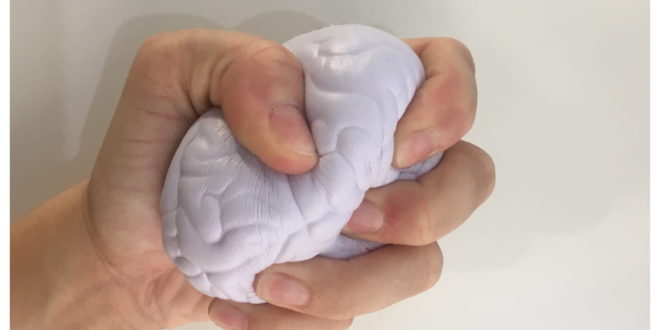Perfectionism is associated with anxiety, depression and eating disorders. Despite this, many researchers have argued there are benefits to being a perfectionist. The research however is not clear whether there are benefits because the components within perfectionism appear to be overlapping, which challenges the idea that that being perfectionist is linked to positive outcomes.
To get a clearer picture about perfectionism a statistical method of ‘bifactor modelling’ was used to see what were the common elements versus unique elements of a measure of perfectionism the “Clinical Perfectionism Questionnaire”, which is used to measure perfectionism in studies which have evaluated Cognitive Behaviour Therapy (CBT) for Perfectionism. The objective of our study was to compare single factor, two factor, and bifactor models of perfectionism.
The bifactor analysis revealed a general perfectionism factor, with one weaker group factor representing perfectionistic striving. This means that a general perfectionism factor could explain the majority of the measure of clinical perfectionism. The most important implication of this finding is that it suggests that clinicians who are using the Clinical Perfectionism Questionnaire can use a total score for the measure and do not need to break it into “two factors”. Our findings also mean that research evaluating CBT for perfectionism can use a total score for the CPQ to measure change in perfectionism. More research is required to evaluate perfectionism measures and how the measures are used to explain psychological distress and examine outcome of CBT for perfectionism.
Read the full paper: Howell, J., Anderson, R., Egan, S., & McEvoy, P. (in press). One factor? Two factor? Bi-factor? A psychometric evaluation of the Frost Multidimensional Scale and the Clinical Perfectionism Questionnaire. Cognitive Behaviour Therapy. doi:10.1080/16506073.2020.1790645
Sarah Egan, PhD
Joel Howell, PhD
Photo by: Sari Montag
 Cognitive Behaviour Therapy A peer reviewed, multidisciplinary journal devoted to the application of behavioural and cognitive sciences to clinical psychology and psychotherapy.
Cognitive Behaviour Therapy A peer reviewed, multidisciplinary journal devoted to the application of behavioural and cognitive sciences to clinical psychology and psychotherapy.




